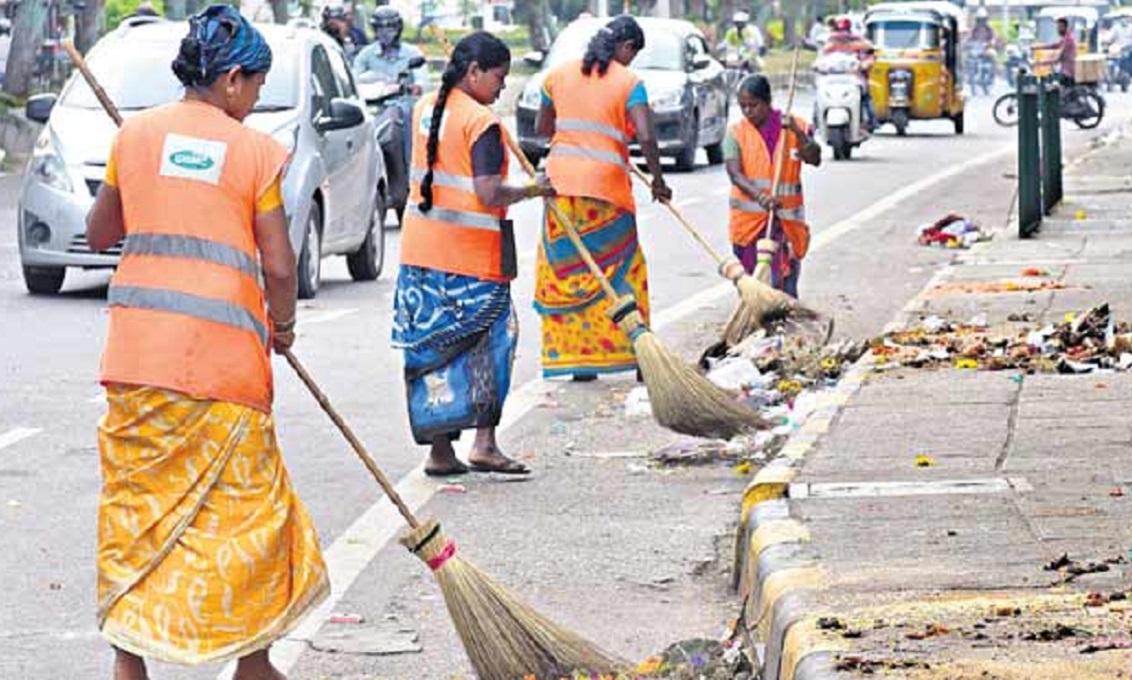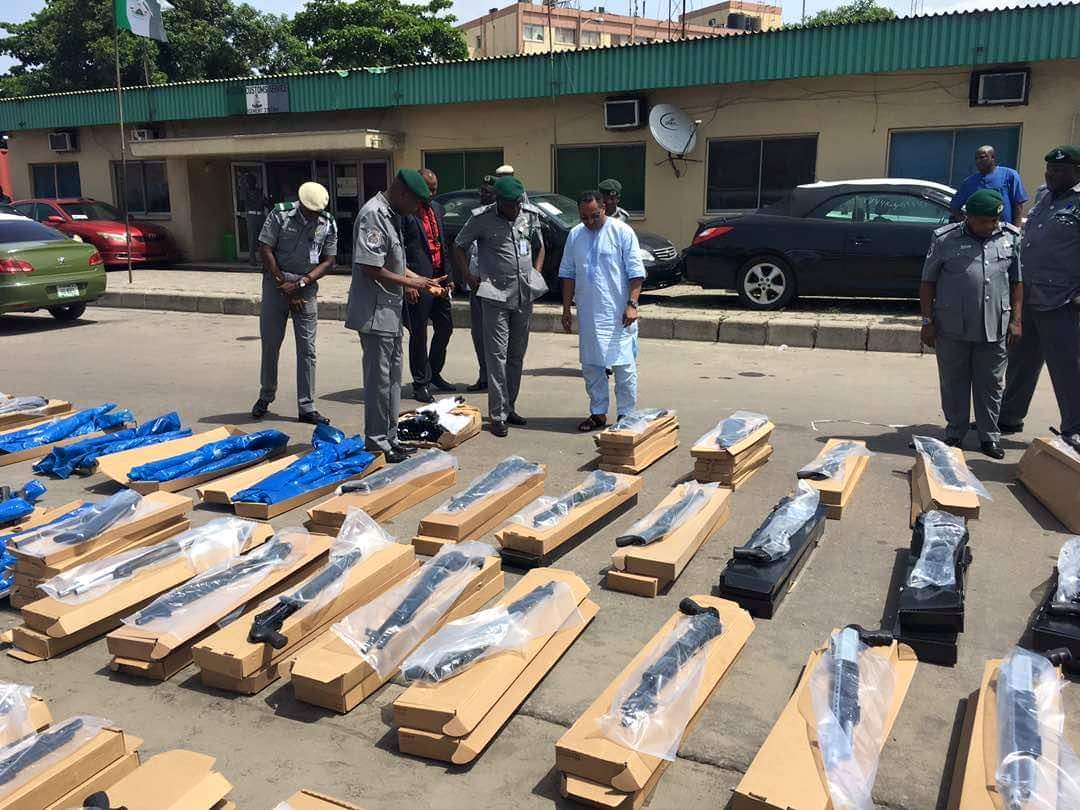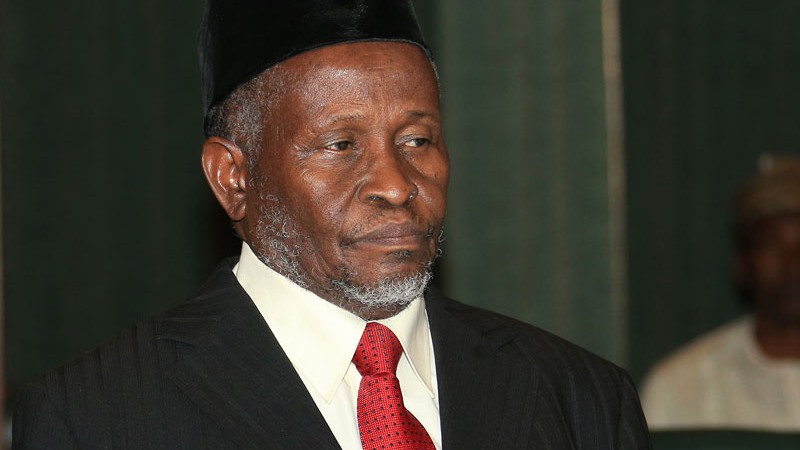Protect health, dignity of sanitation workers, African ministers urge nations

The African Ministers’ Council on Water (AMCOW) on Thursday urged nations to protect the health and dignity of sanitation workers towards delivery of sanitation services in the region.
Mr Kitchinme Bawa, AMCOW Sanitation Project Manager, made the call at the ongoing virtual Africa Water and Sanitation Week on Thursday.
He said countries ought to appreciate the critical role sanitation workers played in promoting the wellbeing of the society, saying stigma, discrimination still existed everywhere.
Speaking on the theme, `Sanitation Workers – The Forgotten Human Resource in the Africa Sanitation and Policy Guidelines’, Bawa said there was need for a change of culture and traditions which discriminated them.
According to him, the ASPG specifies policy development processes, implementation strategies and in the inclusion of the needs of sanitation workers.
“Sanitation workers make a critical contribution to provision of sanitation services in all African countries.
“They should be given due consideration when formulation of policies, particularly regarding their health and safety.
“Governments should ensure that sanitation polices protect the health and safety of all sanitation workers across the service chain,’’ it said.
He recommended the need to monitor compliance of sanitation service providers to minimum standards, through promotion of public health by separating faecal wastes from human consumption.
The project manager noted that African governments must prioritise occupational health and safety towards ending further marginalisation.
He, however, stressed the need for member countries to have comprehensive list of all sanitation workers, noting that this would help in partner coordination, inclusion and efficient service delivery.
Mr Sulaiman Ahmad, a consultant, delivering a presentation on `Assessment of Health, Safety and Dignity of Sanitation Workers in Kano-Nigeria’, said 94 per cent of sanitation workers were forced into the profession due to economic hardship.
According to him, the assessment carried out by WaterAid Nigeria, revealed that health and safety of sanitation workers were threatened, with contact with faecal sludge, injuries and deaths sustained from equipment.
“Part of our findings revealed that a lot of these sanitation workers do not have access to personal protective equipment, some of them have access to it but complained of the boots, outfits being too heavy and others.
“Enabling environment was not visible, with challenges of poor coordination between mechanical Pit Emptiers Association, sanitation workers and government.
“There are also issues of weak legal and regulatory framework for sanitation workers. The roads are also inaccessible, especially during the rainy season’’.
Ahmad stressed the need for reform policies, regulations and institutional arrangements for all sanitation workers, saying provision of tools and equipment was vital.
He added the need for key stakeholders to register and licence all sanitation workers, and also develop and implement a behaviour change campaign for their rights.
The News Agency of Nigeria (NAN) reports that sanitation workers play a crucial role in the delivery of sanitation services, and are involved in various steps of the sanitation service chain.
In spite of their important role, they often go unseen and unrecognised, and face several risks to their health, safety and dignity.
An assessment on the Health, Safety and Dignity of Sanitation Workers by ILO, WaterAid, WHO and World Bank in 2019 highlights the need for advocacy and empowerment of sanitation workers; and reforms at the policy, legislative and regulatory levels.








